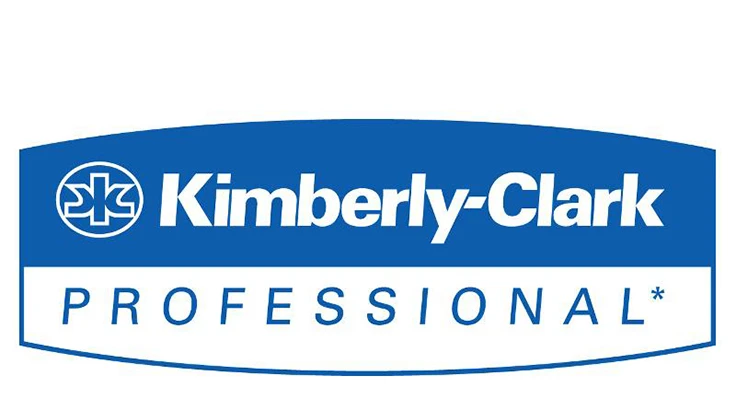
Kimberly-Clark Professional, of Roswell, Ga., has introduced two innovative solutions to address the growing problem of allergen and germ contamination in food processing operations: Kimtech Precision Cleaning Cloths + Allergen Control, an industrial cloth designed to remove inanimate food allergens from food contact surfaces, and the Continuum System, a proven approach that combines behavioral science and innovation to improve worker hand hygiene. Kimberly-Clark Professional presented these solutions at the Consumer Goods Forum’s Global Food Safety Conference in Houston, Texas, March 2.
Kimtech cloths are 100% allergen free and are designed and tested to remove up to 100% of some of the most problematic food allergens from surfaces, the company said, adding that its AllerXpel technology combines high absorbency with high abrasiveness to remove more allergens from stainless steel surfaces than rags or vacuums. The cloth absorbs four times its weight in liquid, quickly removing water from surfaces when cleaning and reducing downtime.
“Contamination by the most problematic ‘Big 8’ food allergens is the leading cause of food product recalls in most regions of the world,” said Global Segment Manager Phillip Jarpa.
Hand hygiene compliance also is a serious risk for the food processing industry. A 2015 GeoStrategy Partners survey of quality assurance managers in more than 300 food processing facilities worldwide found 40% had experienced contamination events in the past two years. Additional research indicates workers’ hands were the source of germ transmission in fully half of food contamination cases.
Kimberly-Clark Professional’s Continuum System is a safety culture program designed to foster improved hand hygiene and cleaning practices. Beginning with an on-site assessment of the food processing facility, the proprietary approach exposes the weak links in safety related to hygiene and cleaning and recommends solutions to positively influence workers and their physical environment, employing Scott and Kimtech brand products.
The Continuum System focuses on creating interventions that drive behavior change and increased hand hygiene and cleaning compliance. “People are at the center of any protocol, especially cleaning,” Jarpa said. “Kimberly-Clark Professional’s Continuum System uses behavioral science to understand what ‘moves’ people and how to influence them towards safer practices.”
The drying method is critical to hand hygiene. A New Zealand Food Safety Authority study on hand washing and drying duration showed wet hands pick up and transfer up to 1,000 times the number of bacteria as dry hands and provide the moisture and warmth that bacteria need to grow. Hand towels provide frictional removal of microorganisms. The GeoStrategy Partners survey indicated there may be a correlation between the type of drying method and self-declared contamination events. In facilities using air dryers, 38% of managers reported experiencing a contamination event over the past year, versus 19% at sites using paper towels. Among managers who said they “never” experienced a contamination event, 50% were in facilities using paper towels and 15% were in sites using air dryers.
Latest from Quality Assurance & Food Safety
- Multistate Salmonella Outbreak Linked to Sweet Cream Mini Pastries
- Dr. Emilio Esteban Leaves USDA for Mérieux NutriSciences
- USDA Confirms New Strain of Bird Flu in Nevada Dairy Cattle
- Tecnologico de Monterrey Develops Nutraceutical Corn to Address Global Food Crisis
- Eurofins Healthcare Assurance Launches GMP Certification Program for Dietary and Food Supplements
- Calbee America Launches California R&D Innovation Center
- PepsiCo Completes Acquisition of Siete Foods
- Non-GMO Project Launches Non-Ultraprocessed Foods Verification




